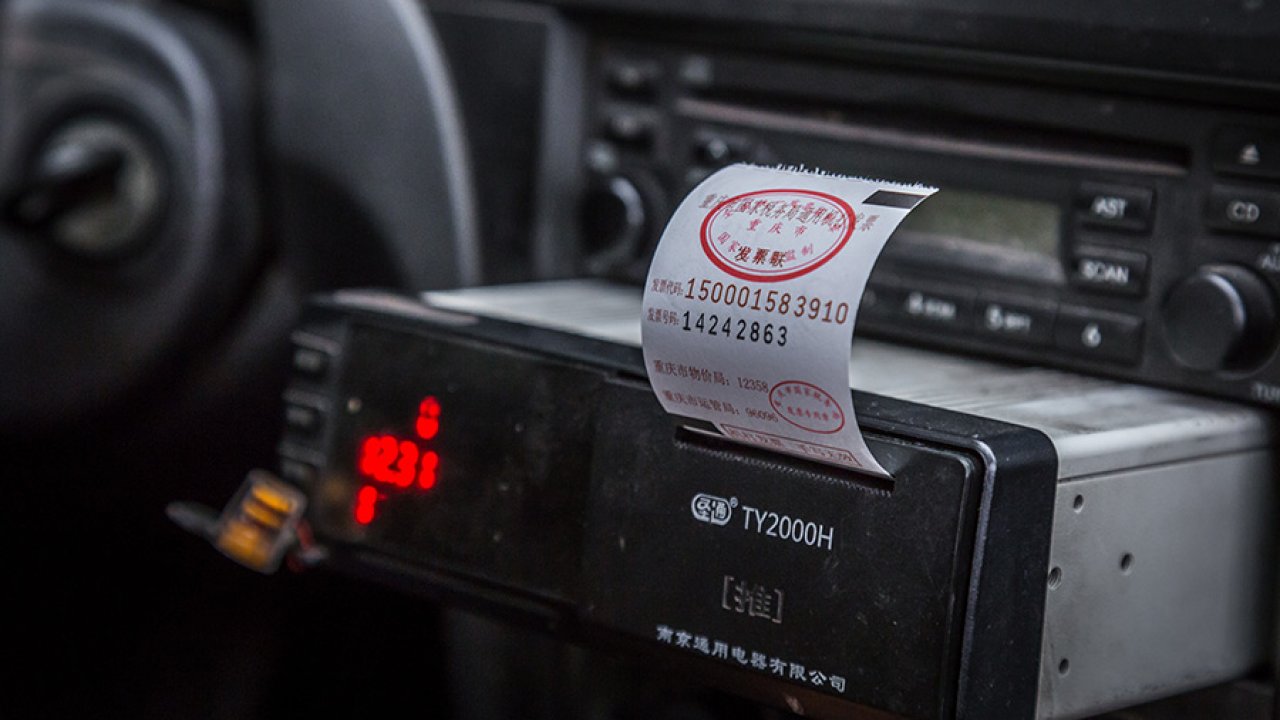
A fapiao (发票) is both a receipt (i. e. , the proof of a purchase) and a tax invoice (i. e. , a way to define the tax paid on a given transaction). Moreover, the Country's tax authorities require businesses to use fapiao to oblige companies to pay tax in advance on their future sales. In this way, China's fapiao invoice system also serves as a paper warranty against tax evasion. But paper fapiao is viewed as the main cause of complexity of accounting in China tax environment.
After years of continuous efforts in driving the digitalization of fapiao, China has been making key progresses in national tax system. During these years, pilot programs have been designed to test reforms before being extended more widely to implement special e-fapiao nationwide by the end of 2020. China's general VAT e-fapiao started being piloted in Beijing, Shanghai, Shenzhen, and Zhejiang province in 2015 and then expanded to the rest of the country from 2016. In 2017, the country began increasing the use of VAT e-fapiao, in particular in e-commerce, telecommunication, and public utilities. These measures represent fundamental steps toward the ambition of the abolition of paper fapiao and the digitalization of receipts and tax invoices.
On the 21st of July 2020, the State Council set a goal that "by the end of 2020, the electronic operation of special VAT invoices should be basically achieved, and main tax-related services should be basically handled online". Ningbo, in Zhejiang province, was chosen as the pioneer for the pilot program. It is expected that the program may soon be expanded to other parts of China once the experiment of special VAT e-fapiao in Ningbo turns to be successful. According to the announcement of the Ningbo Tax Bureau, electronic special VAT fapiao have the same legal effect, basic use, and regulations as paper VAT fapiao.
In general, compared with paper fapiao, e-fapiao are easier to acquire, deliver, manage, and endorse. Entities and individuals can easily check via the National VAT Invoice Verification Platform to verify the VAT e-fapiao and the validity of the electronic signature. Another great benefit of e-fapiao is that it can be permanently preserved. If the holder loses or damages the electronic special VAT fapiao, they can still check the e-fapiao on the National VAT Invoice Verification Platform and download the original e-fapiao. If the paper copy of the e-fapiao is lost, the original e-fapiao can still be obtained from the invoice issuer.
As pilot programs are designed to test reforms before being rolled out more widely, companies should implement processes and make necessary change for a digital transformation of the fapiao system: their financial and accounting teams should learn and familiarize with the knowledge of VAT e-fapiao and upgrade their internal digitalized processes. Furthermore, easier access to business, financial, and tax data can improve the transparency and better management of the company's financial status.
The first movers who operate out of their comfort zone make a quicker transition and are better enabled to face up to the growing client expectations.